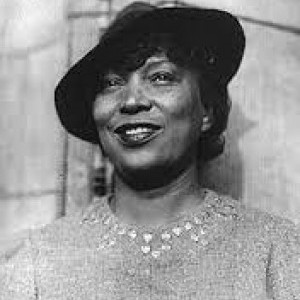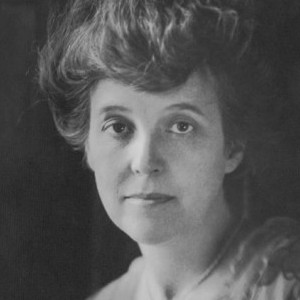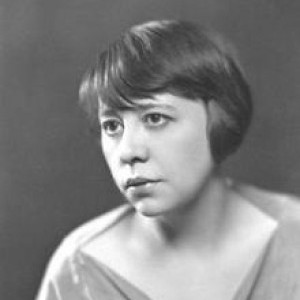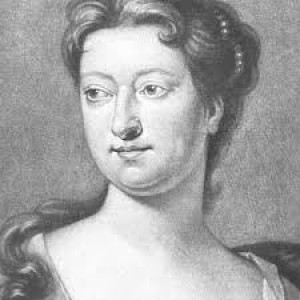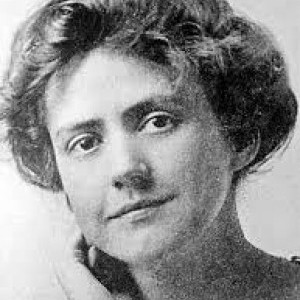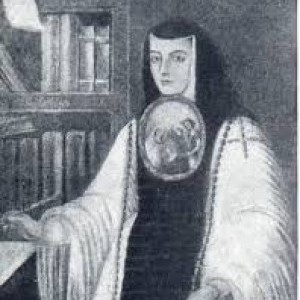Edith Wharton
Biography

Edith Wharton (1862 – 1937), one of the most prolific internationally-renowned literary figures of the turn of the twentieth century, has inspired generations of writers, scholars, and literary critics. Both Wharton’s personal and professional transitions are written between the lines of her novels, poems, short stories, and nonfiction works; however, her work as a playwright has received less attention. Although Wharton’s identity as a playwright was never a defining persona, in retrospect, the theatre proved a genre ideally suited to showcase her impeccable gift for recreating beautiful human speech and discourse patterns. Her plays also echo her other works in their demonstration of the sociocultural power of storytelling.
Born Edith Newbold Jones to a wealthy ship-owning family that included leaders of the gilded age New York social scene, the daughter of George Frederic and Lucretia Rhinelander Jones describes her family line as being one “in whose veins ran the purest blood of Dutch Colonial New York” (Wharton, A Backward Glance). Wharton’s childhood was spent primarily in Europe until her family’s return to New York in 1872. She was educated by governesses and given full access to her father’s library. As a teenager, Wharton wrote poetry and fiction. She self-published her first novella, Fast and Loose, at fifteen, and at eighteen a series of her poems was released in the Atlantic Monthly. Wharton made her society debut in 1879 at seventeen, though she was not married until 1885. Wharton wed Edward (Teddy) Wharton, a Boston banker, with whom she was socially well-matched. However, she had an emotionally tumultuous and largely unhappy relationship, exacerbated by Teddy’s struggles with mental health and his embezzlement of Wharton’s money to spend on a mistress in Boston. The couple had no children and divorced in 1913.
Wharton moved to Paris in 1907. Described by one of her dearest lifelong friends, Henry James, as a woman of boundless energy, she “seem[ed] indeed to have known almost everyone of importance, social as well as literary and artistic, in America, France, and England in her time” (Walton 284). At the outbreak of World War I, Wharton was in North Africa but returned immediately to Paris to work in support of the Allied efforts. She established charitable and humanitarian organizations aiding refugees and orphans in France and occupied Belgium. After the war, Wharton was honored with the title Chevalier of the Legion of Honor. She remained in France for rest of her life, only returning to the United States in 1923 to receive an Honorary Doctorate from Yale. She died in France in 1937.
During her forty-year career, Wharton published thirty-eight books, and her novels often came out in rapid succession. It was during the early years of her marriage that Wharton began writing professionally, publishing poems in Scribner’s Magazine from 1889-1894. In 1897 Wharton published her first book, The Decoration of Houses, a guide to interior design and architecture. However, it was not until 1905, with the release of The House of Mirth as a serial in Scribner’s Magazine, that her popularity as a writer was established. A year later The House of Mirth opened as a Broadway play. Wharton’s novella Ethan Frome was another of her most popular works during her lifetime and remains today one of her best known; it was dramatized successfully in 1911. Her arguably most-famous novel, The Age of Innocence, for which she became the first woman to win the Pulitzer Prize, was also staged on Broadway.



